Practical experience
Established in 2004, in 2013, Nguyen Hue Secondary School for Ethnic Minorities (Bac Ai Dong, Khanh Hoa ) converted to a boarding school model in 2013. The school is located in Bac Ai Dong commune (Khanh Hoa). Mr. Le Trac Minh - Principal said that the school is located in a remote area, with ethnic minorities of 97% Raglai, 3% other ethnic groups such as: Cham, Kinh, Hoa, Muong.
With the above characteristics, Nguyen Hue Secondary School for Ethnic Minorities focuses on implementing global citizenship education through a whole-school approach, with a multicultural aspect. This is a new direction of the school to create the best opportunities for students to study and develop comprehensively. According to Mr. Le Trac Minh, implementing global citizenship education through a whole-school approach requires attention and efforts from all levels of education management, schools, teachers and parents.
“The experience of Nguyen Hue Secondary School for Ethnic Minorities is to focus on four core issues: Training and capacity building for teachers; creating an interesting and positive learning environment; cooperating with the local community; integrating global citizenship education into the curriculum,” Mr. Le Trac Minh shared.
Mr. Le Nguyen Trung Nguyen - General Director of Victoria School Education System emphasized that global citizenship education is a school-wide ideology, not a single activity. Here, students learn through practical experiences: from social campaigns, community projects, to participating in forums and student councils. Parents are the link that spreads global citizenship education outside the classroom. At that time, global values are practiced both at home and at school.
In the context of globalization and the rapid transformation of the world in general and Vietnam in particular, Prof. Dr. Le Anh Vinh - Director of the Vietnam Institute of Educational Sciences emphasized that education is not simply about imparting knowledge, but also a journey to form independent thinking, the ability to act responsibly, and the ability to contribute positively to a peaceful , inclusive and sustainable world.
The UNESCO 2023 Global Recommendations on Education for Peace, Human Rights and Sustainable Development have established a strong guiding framework, urging countries to build a transformative, humane, and inclusive education - where learners are placed at the center, and just, equitable and inclusive societies become core goals.
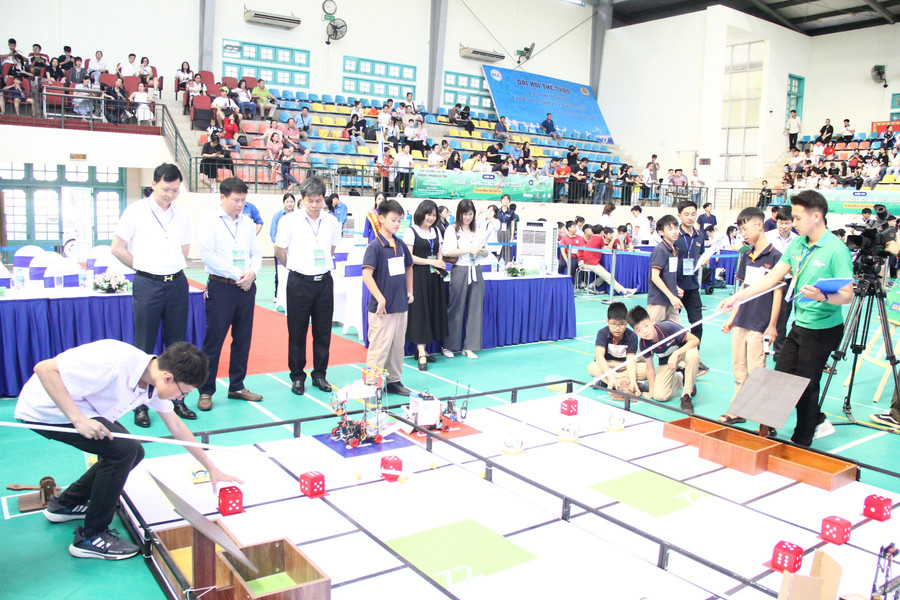
The teaching staff is the key factor
Prof. Dr. Le Anh Vinh acknowledged that in the digital age, new-generation citizens not only need to understand global issues, but also need to have strong digital skills to live, study and work in an increasingly connected society. The 2018 General Education Program, which focuses on developing learners’ capacity and qualities, is Vietnam’s correct strategy to form new-generation citizens, ready for the country’s transformation.
Vietnam needs to actively promote global citizenship education, develop core competencies of critical thinking, problem solving, intercultural communication; digital skills, online collaboration, mastery of digital technology; lifelong learning; global awareness and responsibility towards the domestic and international community. These are essential skills to help the young generation of Vietnam go beyond national boundaries, becoming global digital citizens in the era of integration and the country's rise.
The whole-school approach, with five pillars including: School leadership, curriculum, student initiatives, community engagement and teacher professional development, has been of interest to the Education sector in aspects such as: Integrating global citizenship education into current programs and experiential activities; organizing student initiatives that are self-proposed, self-implemented and self-evaluated; building a network of educational communities to accompany the school; training teachers through the core teacher model; localizing global citizenship education content in issues from preserving indigenous cultures to responding to climate change.
“In particular, we focus on bringing global citizenship education into the digital transformation process, with initiatives such as: Building a national digital competency framework for high school students and cooperating with United Nations organizations to build open learning materials, localized documents and online learning platforms,” said Prof. Dr. Le Anh Vinh.
According to Mr. Pham Tuan Anh - Deputy Director of the Department of Teachers and Educational Managers (Ministry of Education and Training), building and improving the capacity of the team is a key factor in bringing global citizenship education into depth and substance in all school activities. Accordingly, the Department has developed and issued professional standards for teachers and principals that incorporate content related to global citizenship.
“For example, teachers need to have critical thinking, the ability to apply technology, collaboration skills and teaching linked to global issues such as the environment, equality, and sustainable development. The principal plays a leading role in the school building a comprehensive educational environment, integrating global citizenship education into the educational program, improving the international integration capacity of the staff; Building a school culture towards fairness, democracy, sustainability and integration”, Mr. Pham Tuan Anh cited.
In the process of developing the National Action Plan for the period 2025 - 2030, the Department of Teachers and Educational Managers plays an important role in training and fostering teachers and educational managers. Thereby, aiming to realize global citizenship education policies through team development.
For global citizenship education to truly become part of the school culture, Mr. Pham Tuan Anh believes that the team of teachers and educational administrators must be at the center of innovation. Investing in the capacity, attitude and professional commitment of the team is an investment in sustainable educational quality in the future.
From practical experience, Mr. Le Nguyen Trung Nguyen recommends that it is necessary to establish a network of schools practicing global citizenship education to share programs, documents, methods and implementation experiences. In addition, continue to promote international cooperation to ensure professional updates, multidimensional approaches and global integration. At the same time, build a set of school-level global citizenship education assessment indicators to comprehensively evaluate: Students - programs - environment - staff - community connection.
Source: https://giaoducthoidai.vn/giao-duc-cong-dan-toan-cau-di-vao-chieu-sau-thuc-chat-post742804.html



![[Photo] Da Nang: Hundreds of people join hands to clean up a vital tourist route after storm No. 13](https://vphoto.vietnam.vn/thumb/1200x675/vietnam/resource/IMAGE/2025/11/07/1762491638903_image-3-1353-jpg.webp)








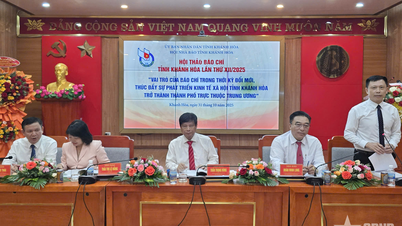

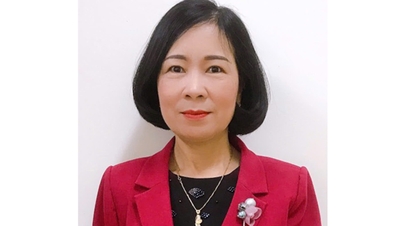

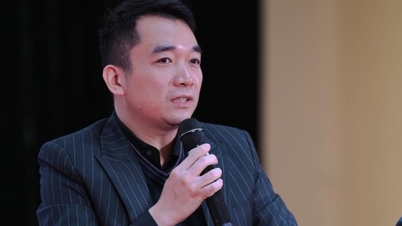

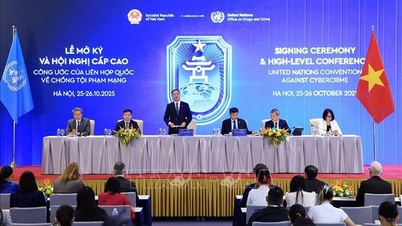

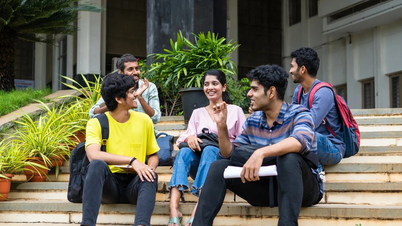





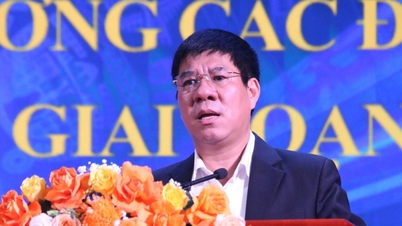







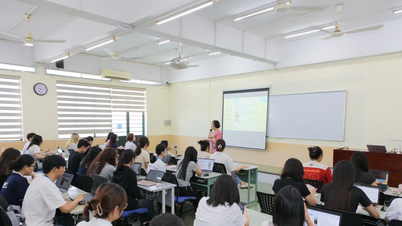

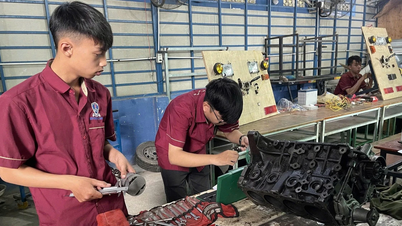
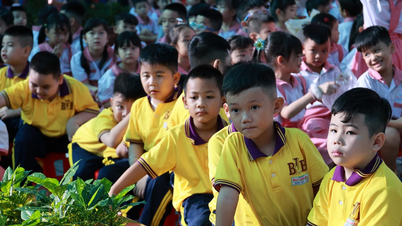
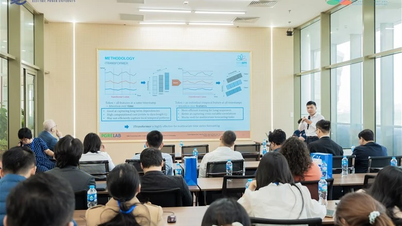


































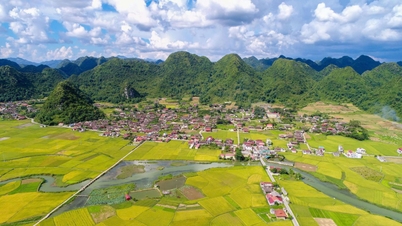
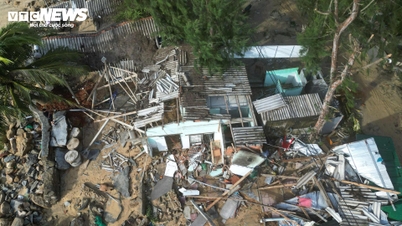
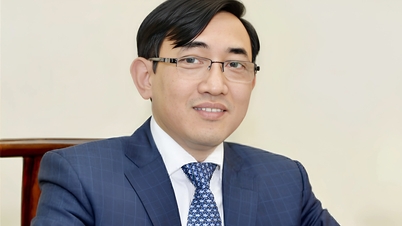

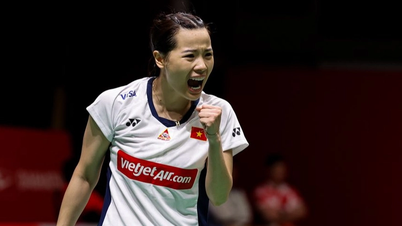




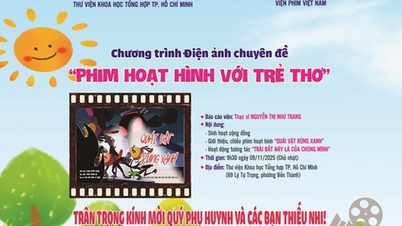

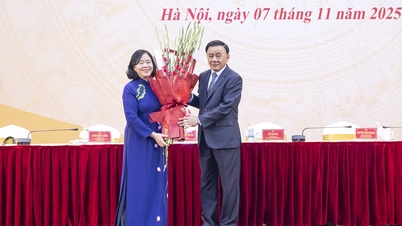


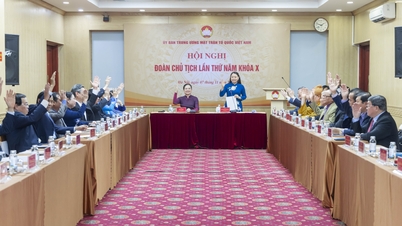
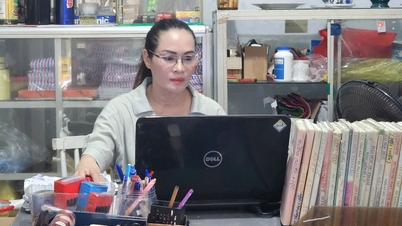


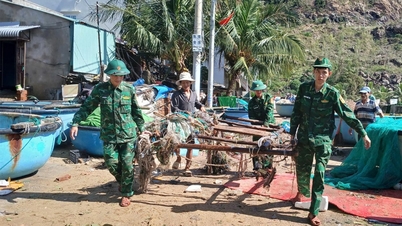



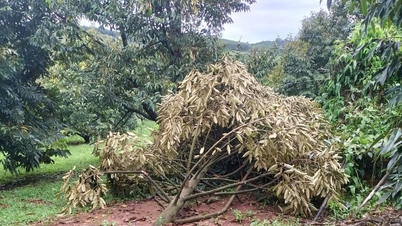
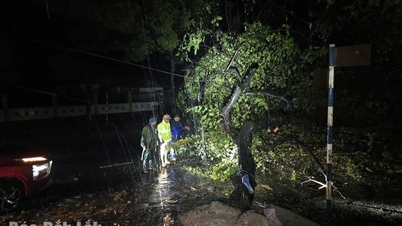














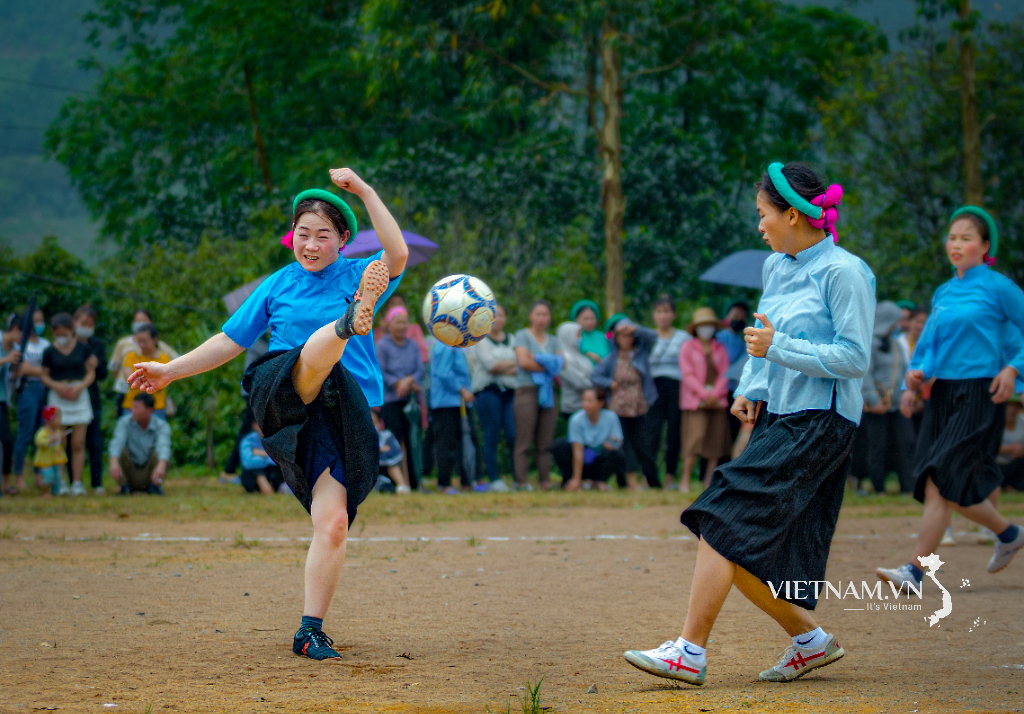
Comment (0)